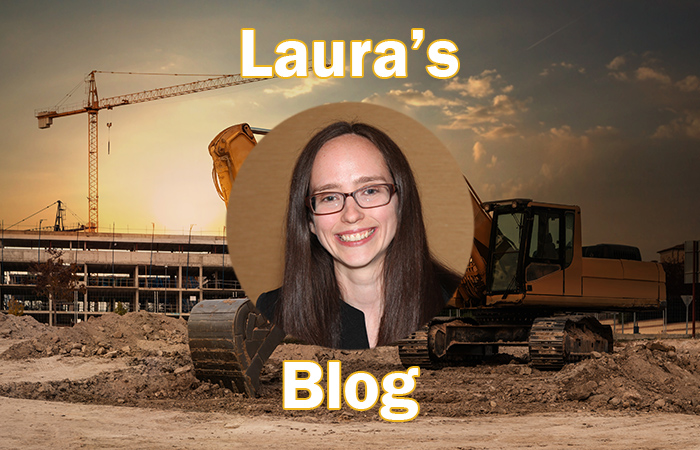Get ready. Because Gen Z is coming—and in some cases they are already flooding the workforce. These people were born between the years 1997 and 2012, and today they are aged roughly 12-27 years old. In her book, Sustainable in a Circular World, Peggy coined them a generation of Screeners. Today, let’s unpack who they are—and how they might help build the next era of infrastructure, homes, and buildings.
Who Is Gen Z?
We have written much about the younger generations here on this blog before, but the reality is getting to know them takes more time and effort than that. This is one of the reasons we conducted our research report Who Is the Worker of Tomorrow? Understanding the different generations by polling more than 4,000 people can help us pool a better labor market, which ultimately can help us build better and faster.
As written in Peggy’s book, Sustainable in a Circular World, she defines Generation Z—or Screeners—as a generation that has grown up immersed in technologies. Their lives have progressed alongside technology, fully integrated into so many aspects of their world. It is normal for them to communicate using mobile devices.
As a result of this, the generation is also sometimes thought of as a lonely generation. Top Employers Institute research shows 19% of this generation feel lonely sometimes, a higher percentage than any other age bracket. Digging a bit deeper, we know they also like stability, sustainability, and safety.
When Will They Work?
They already are! Some of the Gen Z generation is already in the workforce. By 2025, they will comprise 27% of the workforce in OECD (Organization for Economic Cooperation and Development) countries. In the next five years, this generation will continue to graduate high school and flood the workforce, offering new opportunities for businesses to gain a new generation of workers.
What Do They Want to Do?
What exactly do Gen Z want out of a career? The answer to this question is myriad. Let’s explore some of the top priorities.
Leadership: Many Gen Z workers want to be leaders. In fact, McKinsey & Co., suggests Gen Z is more than twice as likely to want to be CEO compared to Gen X (38% vs 18%, respectively). For those Gen Z workers that aren’t leaders, those workers want leaders that are motivating and inspiring to others, according to the Top Employers Institute research. 81% say they expect senior leaders to listen to them.
Opportunities and balance: This generation’s top priorities at work are development opportunities, and ensuring the organization they work for is financially stable, according to the Top Employers Institute survey. They also want a good work-life balance. When asked if they would accept a lower salary if it meant a better work-life balance, 62% said yes. Also, 82% said it was important to have flexibility in their schedule and the ability to manage their work hours.
Health and safety: Another top priority is that the organization is a workplace that is safe and healthy for everyone. 81% of Gen Z respondents said employers have a responsibility to support the physical wellbeing of their people. Also, 83% said employers have a responsibility to support the psychological wellbeing of employees.
Technology: While this generation is the one that grew up with technology and are digital natives, they also have some concerns about how AI (artificial intelligence) will impact life and work. The survey shows 75% agree AI would allow them to learn new skill and 71% felt equipped to take advantage of AI, yet only 60% said it would have a positive impact on their career.
How Does This Impact Construction?
Certainly, the construction industry has had its share of struggles amid a labor shortage that has spanned years. Understanding and knowing who the younger generation is can help best prepare for the future of work.
Want to tweet about this article? Use hashtags #construction #IoT #sustainability #AI #5G #cloud #edge #futureofwork #infrastructure #GenZ #career #worker


